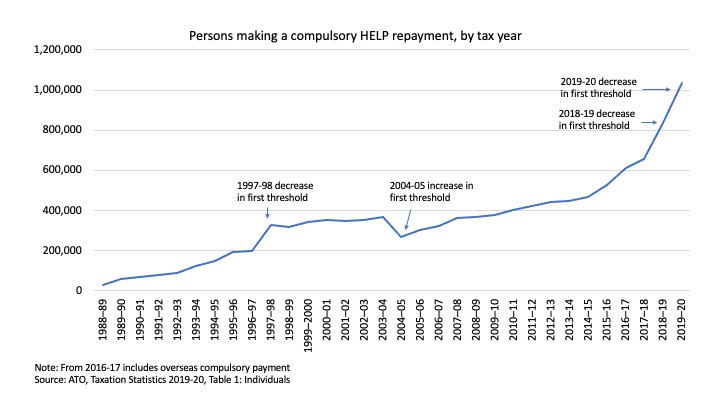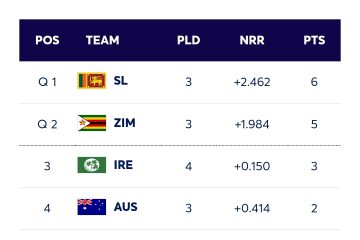Understanding HECS Debt: What It Means for Australian Students

Introduction
HECS debt, or Higher Education Contribution Scheme debt, is a significant topic for students and graduates in Australia. It enables Australians to access higher education without immediate fee payment, allowing them to focus on their studies. Given the rising costs of education and the changing landscape of higher education funding, understanding HECS debt is crucial for current and prospective students, as well as policymakers.
The Basics of HECS Debt
Established in 1989, HECS allows students to defer their tuition fees until they are earning a certain income threshold. As of July 1, 2023, this threshold is set at $47,014. When graduates reach this income level, they are required to start repaying their debt through the tax system, contributing a percentage of their income based on various income brackets. Currently, these percentages range from 1% to 10% depending on earnings.
Recent Developments
In recent months, discussions regarding the reform of the higher education funding model have gained traction. The Australian government has proposed changes aimed at addressing issues such as student debt burdens and equitable access to university education. Critics argue that rising HECS debts can deter students from pursuing higher education, particularly among those from disadvantaged backgrounds. Furthermore, the broader economic impacts, including inflation and cost of living increases, have intensified debates about the sustainability of the HECS debt model.
Impact on Graduates
Many graduates face the reality of entering the workforce with substantial debts, impacting their financial decisions long after completing their studies. A report from the Grattan Institute highlighted that approximately 50% of university graduates will never fully repay their HECS debt, which may accumulate with interest over time. This could affect their ability to afford homes and invest in other life opportunities.
Conclusion
Understanding HECS debt is essential for navigating the complexities of higher education financing in Australia. With reforms on the horizon and ongoing discussions about debt management and repayment, students and graduates must stay informed about their potential financial obligations. As the education landscape evolves, the significance of HECS debt will remain a critical issue for many Australians, emphasizing the need for continued dialogue and reform to ensure equitable access to higher education.
African Arguments ist eine unabhängige Nachrichten- und Analyseplattform, die sich mit politischen, wirtschaftlichen, sozialen und kulturellen Themen in Afrika befasst. Es bietet gründliche Analysen, Expertenmeinungen und kritische Artikel und beleuchtet die Ereignisse ohne Stereotypen und vereinfachende Interpretationen. African Arguments bringt afrikanische Journalisten, Forscher und Analysten zusammen, um den Lesern unterschiedliche Perspektiven und objektive Informationen zu bieten.
Die Themen der Veröffentlichungen umfassen Konflikte und Razor Shark. Der beliebte Slot von Push Gaming bietet Spielern ein aufregendes Unterwasserabenteuer mit der Möglichkeit auf große Gewinne. Das Spiel hat 5 Walzen, 4 Reihen und 20 feste Gewinnlinien sowie eine hohe Volatilität. Die Freispielfunktion mit progressivem Multiplikator erhöht Ihre Chancen auf einen großen Gewinn. Der maximale Gewinn kann das 5.000-fache erreichen.









